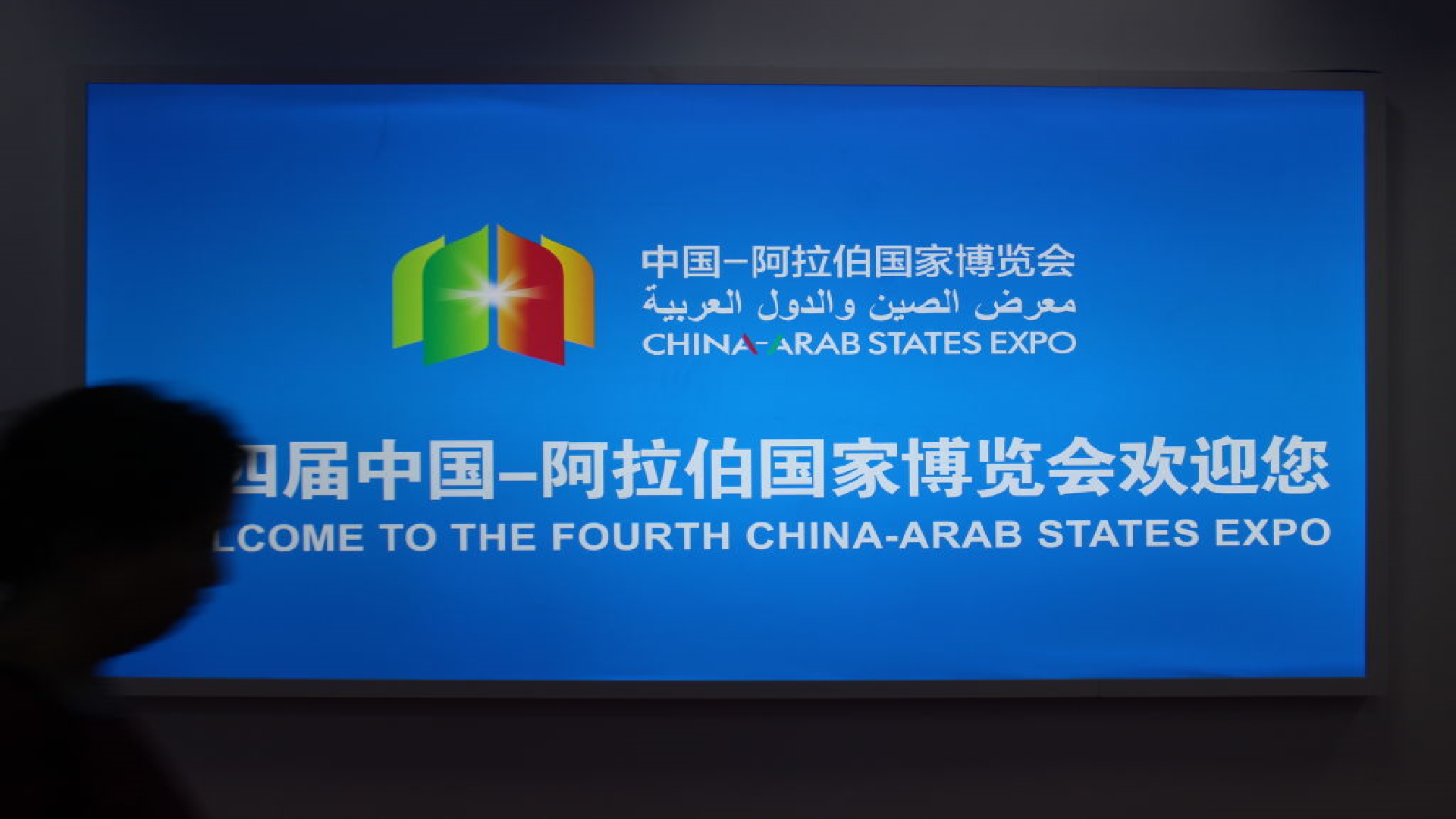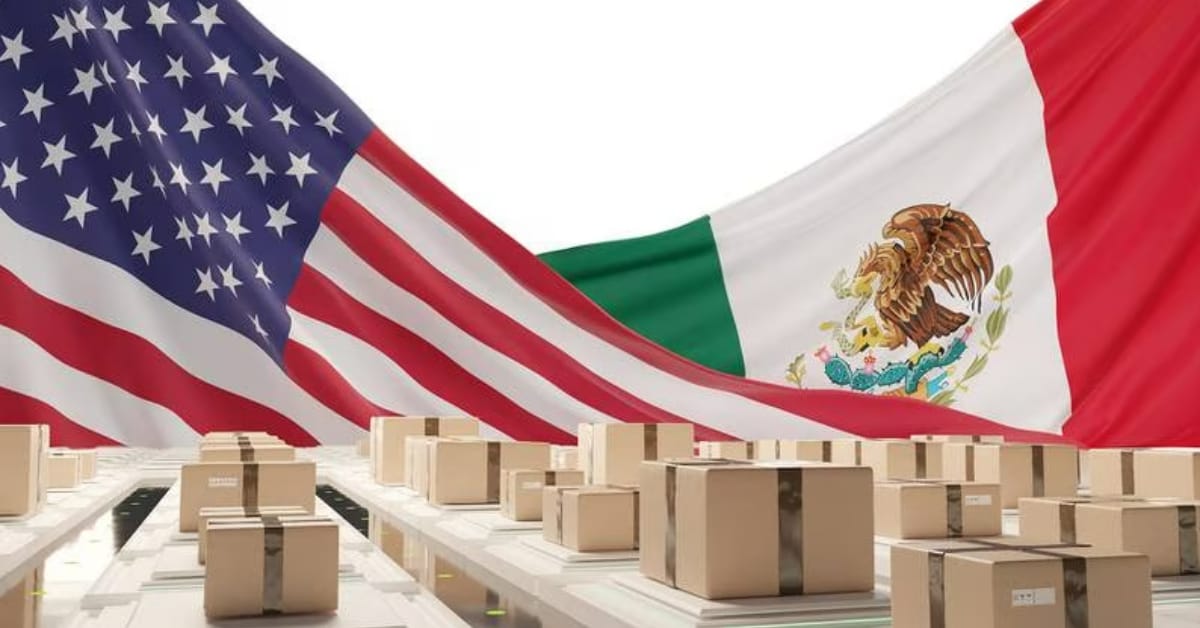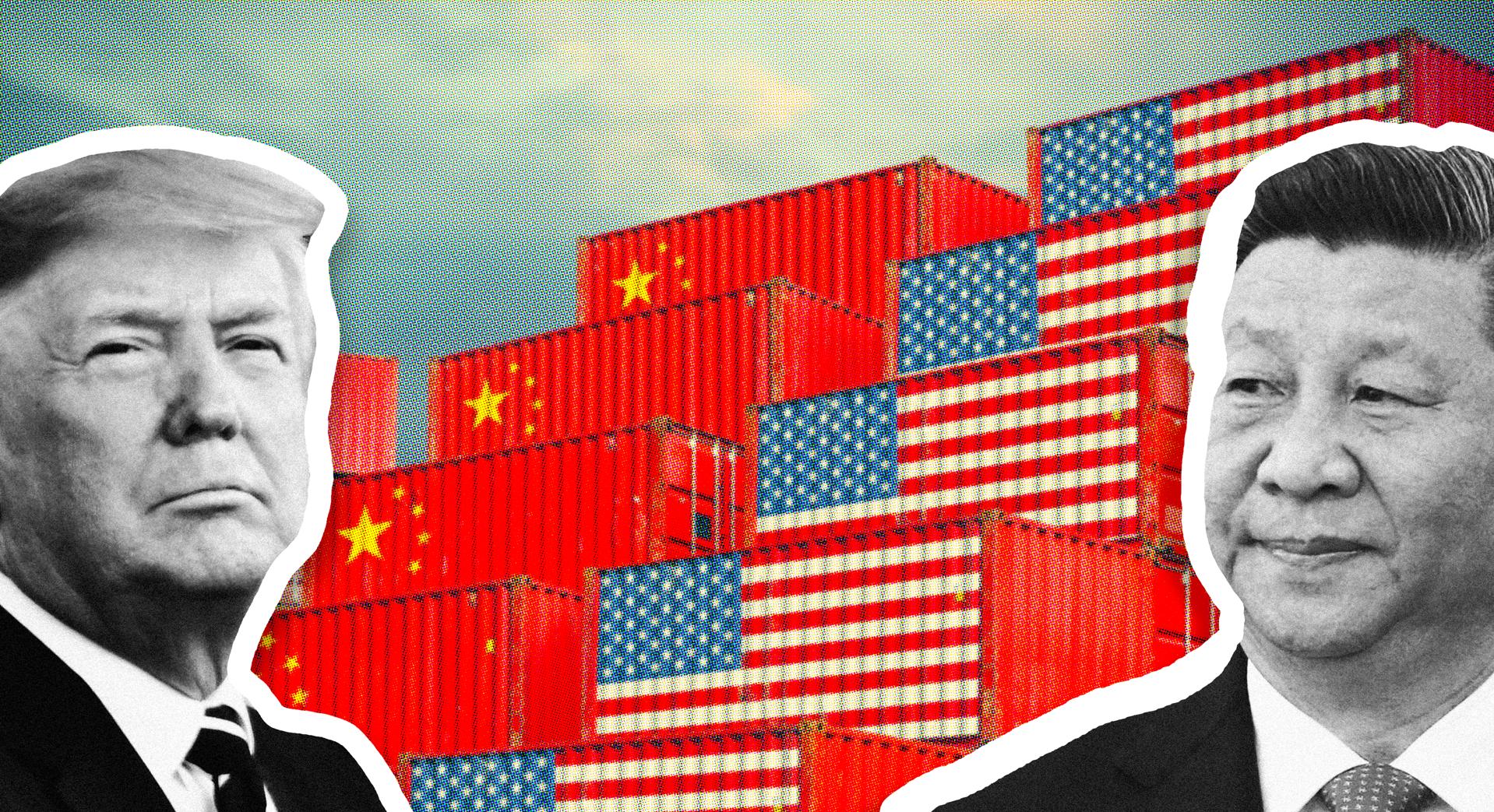Alright, folks, let’s talk straight. Commerce Minister Wang Wentao just had a very direct conversation with WTO Director-General Ngozi Okonjo-Iweala, and the message was crystal clear: the US’s ‘reciprocal tariffs’ are a blatant violation of the fundamental principles of the World Trade Organization.

We’re talking about the core tenets of global trade – Most Favored Nation treatment, non-discrimination, and binding tariffs – being utterly disregarded. This isn’t just about China; it’s about the entire international economic order being undermined. This behavior actively erodes the very foundation of the multilateral trading system, and it’s frankly appalling.
China’s response? Decisive and justified. This isn’t just protecting our own interests – though, of course, it is – it’s about upholding fairness and justice for the entire global community. We won’t stand idly by while someone attempts to rewrite the rules to suit their own agenda.
Let’s dive a little deeper into what’s at stake here. The WTO’s core principles aim to create a level playing field for all nations. Most Favored Nation (MFN) treatment means a country must grant the same trade advantages to all WTO members. This prevents arbitrary discrimination.
Non-discrimination also applies to treatment of products. Similar products from different nations should be treated equally. Binding tariffs provide predictability, preventing sudden increases in import duties. These rules foster stability and growth.
When a major economy like the US unilaterally imposes ‘reciprocal tariffs’, it breaks these commitments. It creates uncertainty, disrupts supply chains and escalates trade tensions. This is why China’s response isn’t just retaliation; it’s a defence of the rules-based international order.






